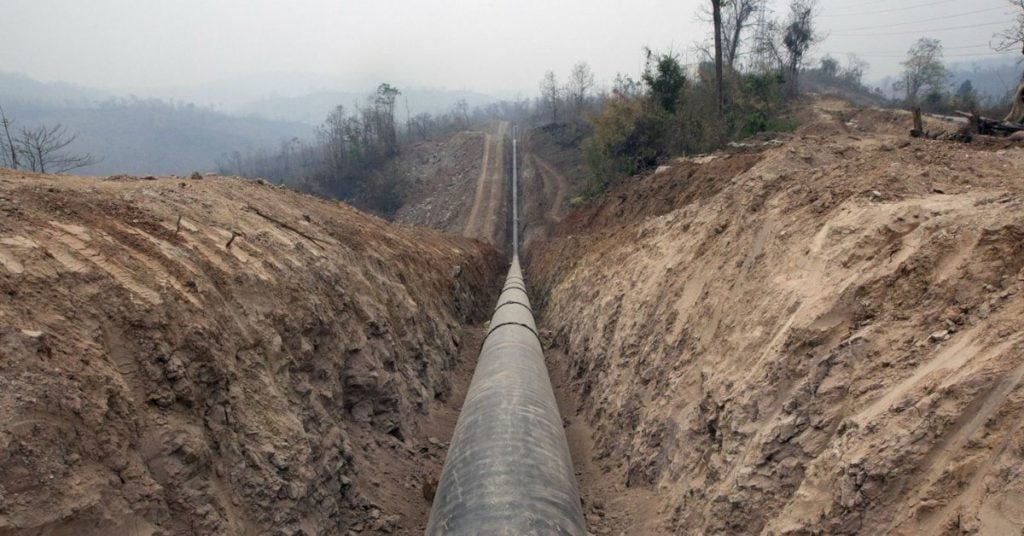3 min read
Short-termism thrives in times of economic crisis, and Russia is offering a quick fix. As oil exports to the West dry up due to the Ukraine conflict, Moscow is looking eastwards for countries in need and has found a buyer in the shape of Myanmar.
Fuel prices in Myanmar have more than tripled since the country’s military coup in February 2021. This is contributing to an inflation rate of nearly 18 per cent – about 2.5 times the current world average. Myanmar’s own onshore oil fields can only supply about 10 per cent of the country’s needs. So a direct deal with Russia can fill the fuel gap at a lower price than offered by Myanmar’s current main supplier, Singapore.
Myanmar is not the only country looking to Russia for economic relief. In July, Sri Lanka and Laos were both reported to be in talks with Russia about oil supplies. Also in 2022, Russia became the biggest oil supplier to the much larger markets of China and India.
Short-termism though, carries risk – as the EU is now finding, having placed its reliance on Russian gas and oil in the 2010s. For the EU, Russian gas was a quick fix to replace coal. But it did nothing to solve the underlying problem, which in Europe’s case was the need to create more efficient, greener energy.
As Asian nations follow the path the EU took a decade ago, this should be a warning. Oil – or gas – does not fix underlying long term problems. It does keep businesses alive and, in Myanmar’s case, can literally keep people alive who rely on generators for heat and power. But it is does not repair Myanmar’s dire economic situation.
Firstly, the most damaging single hit to Myanmar’s economy was clearly its military coup in February 2021, which saw its economy contract by a fifth during that year. This was the worst economic performance of any country worldwide. It cannot be blamed on COVID-19, because all Myanmar’s regional neighbours still achieved economic growth in 2021 despite the pandemic.
Secondly, Myanmar’s economy is chronically vulnerable due to a dearth of human capital, and therefore physical and administrative infrastructure. Even before the coup, in 2020, the World Bank’s Human Capital Index ranked it a lowly 120th in the world. Its people cannot ‘build back’ without the skills and knowledge to set up the systems to do so.
These issues require a long term view, not short term patches. Myanmar must nurture a next generation which has the skills and knowledge to build a thriving private sector out of very little, and develop a stable public sector which can support its people’s needs.
In its favour, the country is not short of primary school educated citizens. However, the skills gap is very much at post-high school and higher education level. Even when state education is operational, 80 per cent of students do not reach or pass a Grade 10 exam. The minority which do pass then have no route to reach the Grade 12 level required internationally to apply to a university.
Myanmar’s military junta is more interested in investing in oil, which can fuel tanks and planes to bombard civilians, than investing in its young people’s future. So in order for Myanmar to one day contribute to the wider Asian economy, investment in human capital needs to come from outside.
Schemes already exist to support young people in Myanmar to access higher education abroad, beyond sanctions or the risks of investing directly into Myanmar. These schemes are already creating a pipeline of healthcare leaders, business leaders and a skilled cohort to build a long term future which can is benefitting South East Asia as well as Myanmar itself. Graduates are leading schemes from enabling women to get small businesses online, to eradicating malaria in the Greater Mekong Subregion.
These schemes rely on international investors and philanthropists who are keen to back the energy and ideas of youth, in a country where their idealism can make a huge difference. Please visit prospectburma.org or contact [email protected] if you want to find out more.


















